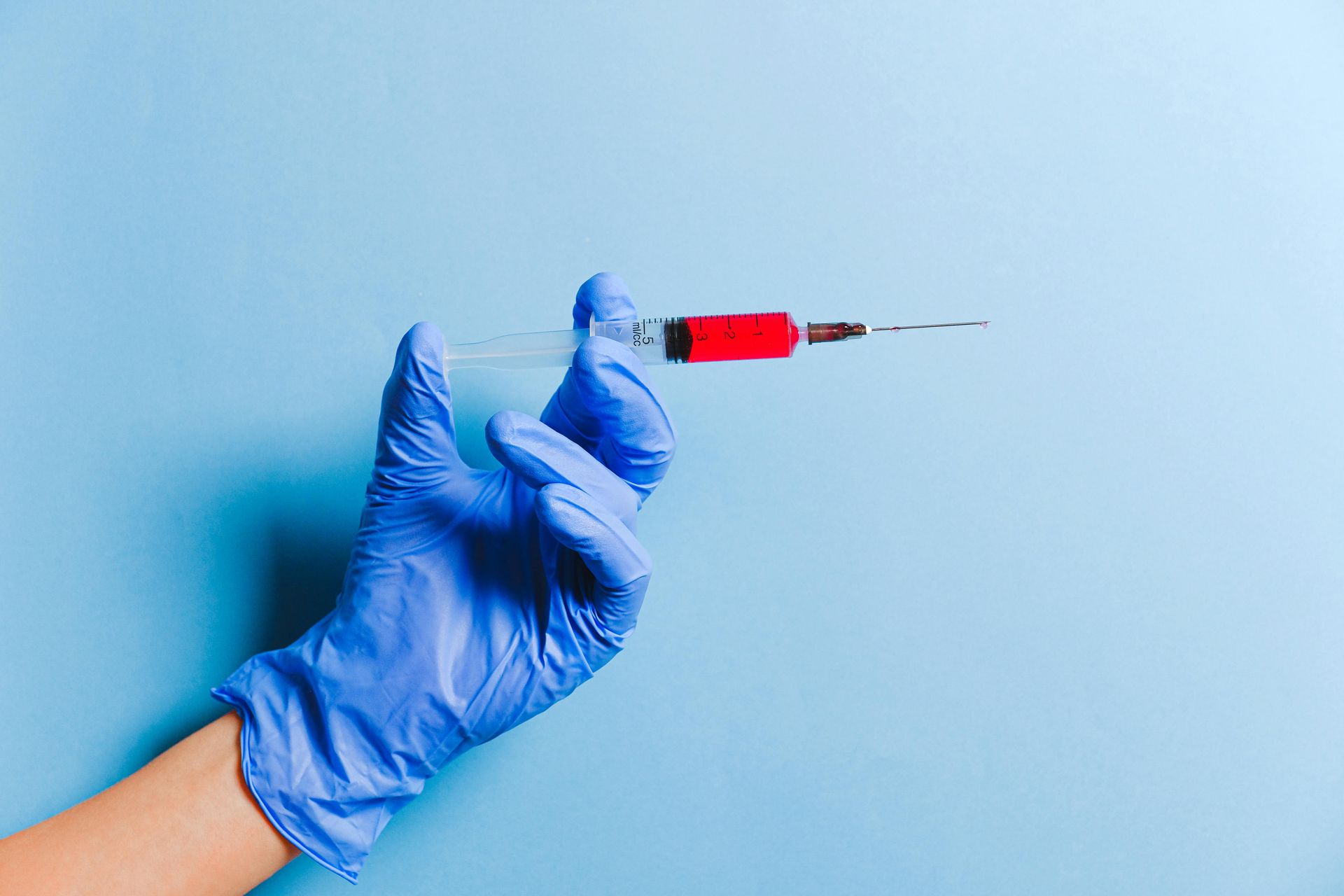
Heart Attack, Part 2
Heart Attack vs. Cardiac Arrest: What you need to know about them, part 2

What is the difference between a heart attack and a cardiac arrest?
A heart attack can lead to a cardiac arrest, but they are not the same thing.
A heart attack, or myocardial infarction, occurs when one of the blood vessels (coronary arteries) supplying blood to your heart muscle is blocked, oxygen can no longer reach the area, and the heart muscle begins to die; but the heart has not stopped beating yet. A heart attack can lead to a cardiac arrest (the heart stops beating).
Most heart attacks are caused by coronary artery disease (CAD), also known as "atherosclerosis" or "hardening of the arteries."
Both of these conditions are life-threatening emergencies. Call 9-1-1 immediately if you are someone around you is having symptoms of a heart attack. Do not attempt to drive to the hospital yourself; it is always better to call for an ambulance.
Become familiar with the
risk factors and symptoms of a heart attack so you can act quickly if you or someone near you has a heart attack.
This article will continue to discuss heart attacks:
How is a heart attack diagnosed?
How is a heart attack treated?
What complications can result from a heart attack?
How is a heart attack diagnosed?
If you arrive at the hospital with symptoms of a heart attack, your doctor will order blood tests and an electrocardiogram (ECG or EKG). These tests will tell your doctor if you have had a heart attack in the past, or if you are currently having one.
They might also order a test called an angiogram to see if you have any clogged blood vessels in your heart. They may place a stent during the test if they do find a narrowed area.
They may also perform an ultrasound of your heart to visualize any damage to the muscle or valves in your heart.
How is a heart attack treated?
If it is determined that you have had a heart attack, or one is in progress, you will be put on a heart monitor and will probably be admitted to the hospital for a few days. Some of the treatments you may receive include:
- Morphine to control the pain and dilate the blood vessels in your heart.
- Aspirin or a clot "clot-busting" IV medication to break up any clots that have blocked the arteries in your heart.
- Medications to open up the blood vessels in your heart and restore blood flow.
- Medications to control your heart's rhythm or speed.
- Medication to control your cholesterol.
- An angioplasty: a procedure that opens up the blood vessels in the heart; one or more stents may be placed to keep the artery open.
- You may even need Coronary Artery Bypass Surgery if the blockage is severe enough.
What complications can a heart attack lead to?
A heart attack can lead to several complications:
- Arrhythmias
The damage done to the heart muscle during a heart attack can prevent the electrical impulses from flowing through the heart as they should. This is called an arrhythmia. The heart rate can be too fast, too slow, or irregular. You may not have any symptoms of these arrhythmias, or you may feel chest pain, dizziness, palpitations, fatigue, or shortness of breath. Some arrhythmias can lead to cardiac arrest.
Certain arrhythmias can cause your heart to stop pumping effectively. This is called cardiac arrest. This condition is fatal within minutes if not treated. An AED can be used if a person is found unconscious outside of a hospital and a cardiac arrest is suspected. It is a life-threatening emergency. Call 9-1-1 immediately.
- Heart failure
This happens when your heart is unable to effectively pump blood throughout your body. Symptoms of this include difficulty breathing, fatigue, and swelling in your arms and legs.
- Cardiogenic shock
This happens when your heart can no longer pump enough blood to maintain your body's normal functions. Symptoms include difficulty breathing, not producing much urine, rapid heart rate, pale skin, cold extremities, and confusion.
- Heart rupture
This is an uncommon but very serious complication of a heart attack. Part of the heart muscle or valves split apart. The symptoms are the same for cardiogenic shock and the treatment is open heart surgery.
Take away
A heart attack is a medical emergency. Call 9-1-1 if you or someone near you is experiencing symptoms of a heart attack. Do not attempt to drive to the hospital yourself; the ambulance crew will be able to start treating you on the way to the hospital and they will be able to perform life-saving measures if necessary. A heart attack can lead to some very serious, life-threatening complications including cardiac arrest.
Questions, comments, or suggestions?
Contact me here or on LinkedIn.
Do you need a medical writer for your online publication or blog?
Send me an email or contact me on my website.
Thank you for taking the time to read today!
Sources:
Cardiac Arrest - What Is Cardiac Arrest? | NHLBI, NIH
complications of a heart attack - NHS (www.nhs.uk)
Eat Your Way to a Healthy Heart | LinkedIn
Heart Attack - What Is a Heart Attack? | NHLBI, NIH
Understanding Heart Attack (webmd.com)
Understand Your Risks to Prevent a Heart Attack | American Heart Association
Warning Signs of a Heart Attack | American Heart Association










